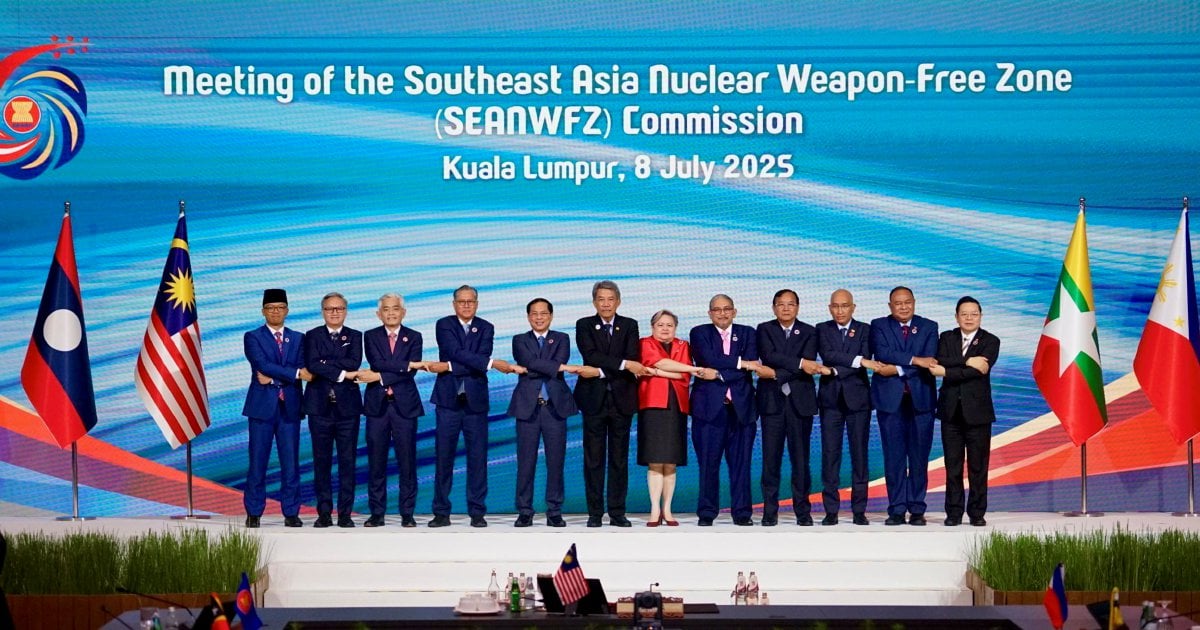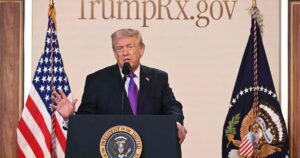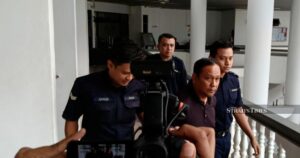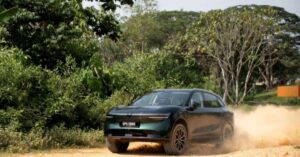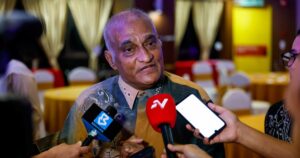KUALA LUMPUR: Southeast Asia must collaborate with other nuclear-weapon-free zones around the world to build common ground in the fight against nuclear threats, said Foreign Minister Datuk Seri Mohamad Hasan.
He said this cooperation is crucial to ensuring a world free from the threat and existence of nuclear weapons.
“We want the SEANWFZ (Southeast Asia Nuclear Weapon-Free Zone) bloc within Asean to establish relations with other nuclear-weapon-free zone blocs.
“Our goal is to find common ground and discuss how we can work together to ensure the world is free from the threat and existence of nuclear weapons,” he said after chairing the SEANWFZ Commission Meeting here yesterday.
Mohamad said the meeting discussed strengthening the SEANWFZ Treaty, particularly in relation to the nuclear-armed states, so they may jointly sign the agreement.
“China has already expressed its willingness to sign the treaty without reservations, and two to three other countries have contacted Malaysia, as the Asean Chair this year.
“They have also expressed interest in resuming and continuing previously stalled discussions on the SEANWFZ Treaty.
“So, this is a positive development,” he said.
He added that the meeting also adopted the decision to accept Timor-Leste’s accession as a member of SEANWFZ, which will be formalised at the 47th Asean Summit this October.
“As for other matters, we will further strengthen and refine our modus operandi, as we want Asean member states to truly understand this effort,” he said.
When asked for a rundown of what will be discussed during the 58th Asean Foreign Ministers’ Meeting tomorrow, he asked reporters to wait for the day.
Mohamad also declined to comment on speculations that Myanmar had officially notified its opposition to Timor-Leste joining the Asean bloc.
The SEANWFZ Treaty also known as the Bangkok Treaty was signed on December 15, 1995, by the 10 Asean member states and registered with the United Nations on June 27, 1997.
China, France, Russia, the United Kingdom, and the United States were listed as NWS under the Non-Proliferation of Nuclear Weapons Treaty.
Previously, Foreign Minister Datuk Seri Mohamad Hassan reportedly announced that China and Russia have agreed to sign SEANWFZ, while the US was still reviewing it.
On May 25, the Asean Foreign Ministers’ Meeting (AMM) adopted the draft addendum to the SEANWFZ.
The addendum provides the legal basis to enable Asean Member States and Timor-Leste to undertake the necessary domestic procedures for accession, which marked Timor-Leste’s integration into Asean’s political and security frameworks.
The meeting in May also adopted the Guidelines to Facilitate Timor-Leste’s Accession to Asean Legal Instruments and Agreements, marking continued progress towards Timor-Leste’s full membership in Asean, scheduled to take place in October this year.
The 58th AMM and related meetings, to be held under Malaysia’s 2025 Asean Chairmanship themed ‘Inclusivity and Sustainability, will feature 24 ministerial-level meetings, including engagements with Asean Dialogue Partners and Sectoral Dialogue Partners.
In conjunction with the meetings, Malaysia will also host the Fourth Conference on Cooperation among East Asian Countries for Palestinian Development (CEAPAD IV).
Co-chaired with Japan and Palestine, the conference will discuss initiatives to support the reconstruction and development of Gaza and Palestine.
The high-level meetings, to be held at the Kuala Lumpur Convention Centre (KLCC) from July 8 to 11, will gather about 1,500 delegates, including foreign ministers from Asean member states, Timor-Leste, Asean Dialogue Partners, Asean Regional Forum (ARF) participating countries, Sectoral Dialogue Partners and senior officials from the Asean Secretariat.
© New Straits Times Press (M) Bhd
